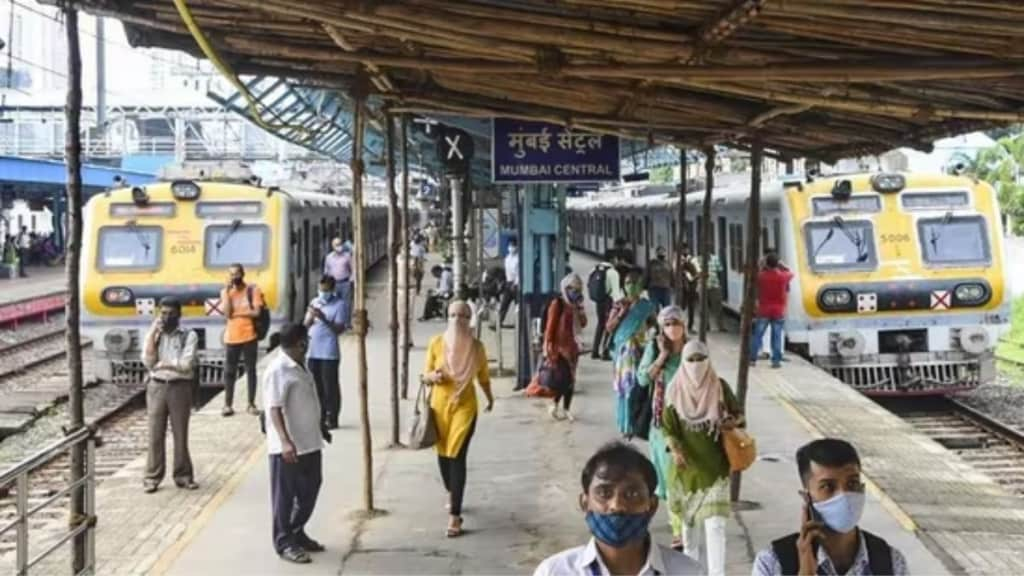Western Railway (WR) is set to equip its Mumbai local trains with the indigenous anti-collision system Kavach by the end of next year, officials said on Sunday. The decision comes as a major boost to commuter safety on one of the world’s busiest suburban rail networks. Kavach, a state-of-the-art electronic system developed under the ‘Make in India’ initiative, is currently being installed on the Delhi-Mumbai corridor and several other trunk routes.
From AWS to Kavach
The indigenously designed Automatic Train Protection (ATP) system, which will automatically control the speed of trains, prevent collisions, and ensure safe operations even when human error might pose a threat, will replace the Auxiliary Warning System (AWS) presently used as an onboard safety device by WR, officials said.
WR operates over 1,400 suburban services daily on the Churchgate-Virar-Dahanu segment with a fleet of 110 electrical multiple units (EMUs), serving a daily ridership of over 30 lakh. The AWS currently in use provides an audible warning system that alerts drivers about the upcoming signal and includes speed monitoring and braking assistance.
“The AWS panel in the motorman’s cab has an alarm, a vigilance button, and red, yellow, or blue lights. If the alarm sounds, the motorman must press the button within four seconds, or the brakes will activate and stay locked until the train stops completely,” an official said to PTI.
Why Kavach is a Game-Changer
But railway officials admit that AWS often fails to prevent critical safety incidents like Signal Passed at Danger (SPAD) and signal jumping. Its limited automation and manual response reduces its effectiveness in preventing accidents.
Officials said Kavach is better than AWS as it has advanced features to prevent collisions, manage train movements and ensure strict adherence to signals. The system provides real time communication between trains and signalling stations, reduces human error and improves operational efficiency.
Key features include automatic brake application on red signal violation, compatibility with existing signalling infrastructure and in-cab signalling for safer operations in low visibility conditions. Kavach also prevents rear end and head on collisions, monitors speed continuously and enables faster response in emergency, they added.
“Work has begun on the transition to Kavach. All suburban locals on WR railway will be equipped with Kavach in addition to mainline locomotives by the end of next year. This step marks a significant improvement in onboard safety and collision prevention,” a senior WR official said to PTI.
The system will continuously monitor train movement, compare it against permissible speed limits and signal indications, and automatically apply brakes if necessary, the official added.
As of 2025, WR has laid out plans to implement Kavach on over 2,358 route kilometres, with its commissioning on the Mumbai-Ahmedabad route expected by the end of the current fiscal, officials said.
“Kavach is poised to significantly improve railway signalling systems and ensure enhanced passenger safety. Deployment of Kavach will not only enhance security in the service but also aid efficiency,” WR chief public relations officer Vineet Abhishek told PTI.
Other routes will follow soon, WR officials confirmed.


